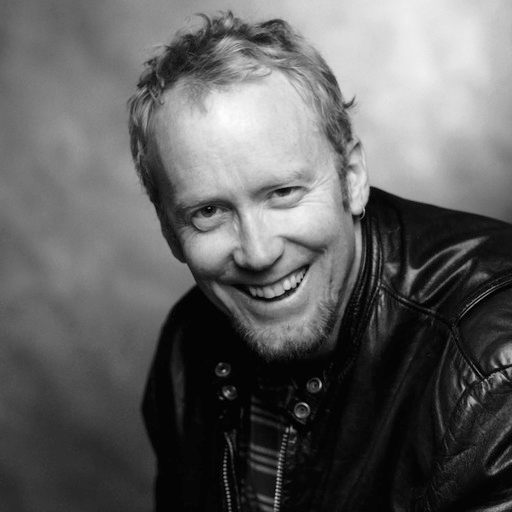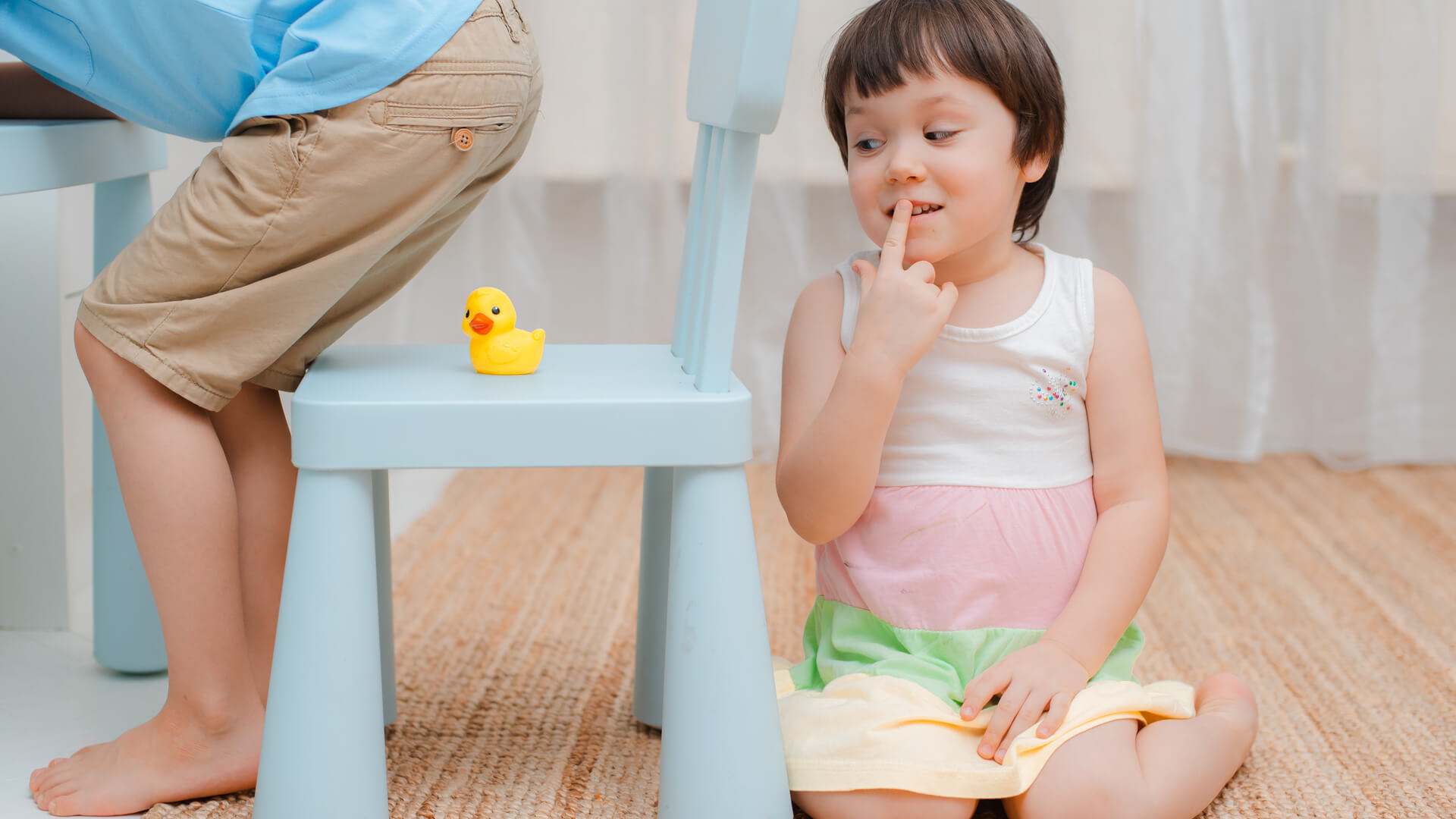Fart Jokes and Why Toddlers Like Them So Much
If your toddler is reaching the bathroom humor phase of life, chances are that they find these jokes hilarious! And while a little bit of poo humor is okay, most parents like to try to curb the fart jokes, or at least keep them to a minimum. But when should you expect the potty mouth stage to begin, why do children find fart jokes so funny, and how can you tackle this stage of toddlerhood? Let’s talk about poo (and potty training).
Humor development in children
If we want to understand why children find poo jokes so funny, we must first understand the different stages of humor development that children go through. According to popular and well known psychologist Dr. Freud, there are three different stages of humor:
- The “play” stage (2-3 years of age)
- The “jesting” stage (4-6 years of age)
- The “joking” stage (7 onward)
During the play stage, babies and toddlers find humor in the simple things in life, so, a game of peek-a-boo will keep them entertained and laughing for hours. According to research findings, the reason that infants are so amused by simple games is that they have not yet stretched their cognitive abilities beyond them. Peek-a-boo, for example, is funny because they have not yet learned the idea of object permanence (they still think of objects as “out of sight out of mind”). Once their cognitive abilities stretch past this idea, however, the game of peek-a-boo is suddenly no longer funny.
And then comes the jesting stage
This is the stage where poop and fart jokes begin to take form. During this stage, children find things that are “shocking” to be the most humorous. At this stage, anything that causes a reaction is funny – and what causes a better reaction than a little toilet humor?
When does the potty mouth stage begin and why is it so funny?
The toilet humor stage starts around 4-years-of-age but can start earlier or later depending on the individual child. Generally speaking, this stage of humor usually picks up when a child is beginning the transition out of diapers or when they begin potty training.
But why are poop and fart jokes so funny? The main reason is one that we have already addressed – it gets a rise out of adults. From the ages of 3 and above, children like to test their power against adults. They do this in many different ways, sometimes by throwing tantrums, sometimes by adopting their right to say no, and sometimes by making adults feel uncomfortable. And what better way to make an adult quiver than by telling a good (or not so good) potty joke?
Getting silly is a great way to teach kids.
But getting a rise out of adults isn’t the only reason children find potty humor so funny. According to professionals, humans often use humor to work through things that make them feel anxious. This is true regardless of age. Small babies, for example, often fear being separated from their parents, which could be a good explanation for why they find humor in a game of peek-a-boo in which their parents temporarily go missing. When we’re older, we make jokes about more serious things like sex, death, injury, and so on and so forth. Why? Because that’s what makes us anxious.
But from the ages of approximately 4-6, children aren’t anxious about sex and death – they’re anxious about potty training. Think about it, how would you feel if you didn’t know that you were going to make it to the toilet on time? Or if you didn’t know if you were going to wake up with a wet bed tonight? These situations can cause anxiety for children, even if they don’t display it outright. And how do they work through this anxiety? With a little bit of good old-fashioned potty humor.
How can parents tackle the potty jokes?
First off, if your child is starting to engage in potty talk, don’t freak out. It’s important that parents understand that fart jokes and potty mouth are a completely normal part of childhood development. Still, that doesn’t change the fact that bathroom talk isn’t socially “acceptable.” So how can parents get through this phase of childhood?
Teach your children about their body
During the potty training phase of development children really start to become curious about their own bodies. And remember, they are always trying to get a rise out of you. By shying away from uncomfortable subjects like pooping and farting, you’re teaching your child that these subjects make you feel uncomfortable – and they will use that against you every chance they get.
Instead, try normalizing bodily functions. Teach your children where gas comes from and why we poop. By satisfying their curiosity you will take the “shock” factor out of bodily functions and the poop jokes will diminish.
Let them laugh – at appropriate times
Again, let us stress that poop and fart jokes are a completely normal stage of childhood development. But there is a time and place for everything. When your child is going through the potty mouth phase, set some limits. One good limit is that they cannot call anyone else names like “butt head.” Why? Because it’s hurtful.
Another good limit is that potty talk can happen, but it needs to happen during a set time. Make 5-minutes-a-day where your child can say or ask anything they want about poop, farts, and their body without getting in trouble. When they make jokes outside of this time, remind them that potty talk is only for “poo-poo talk time.” Setting limits like this will help them to relieve their anxiety while still following and abiding by social norms.
Have patience and a good sense of humor
Patience is a virtue when it comes to potty humor. Your child will go through this phase and they will grow out of it too. Try to remember the reasons behind the jokes and try to keep a good sense of humor about it. Remember – humor can help to relieve your anxiety too!
Looking for a way to teach your children about their body? Try the Speech Blubs app! Speech Blubs is a great way to teach your child language, and there are a few great jokes and fun facts in there too!
 By Robert McKenzie
By Robert McKenzie